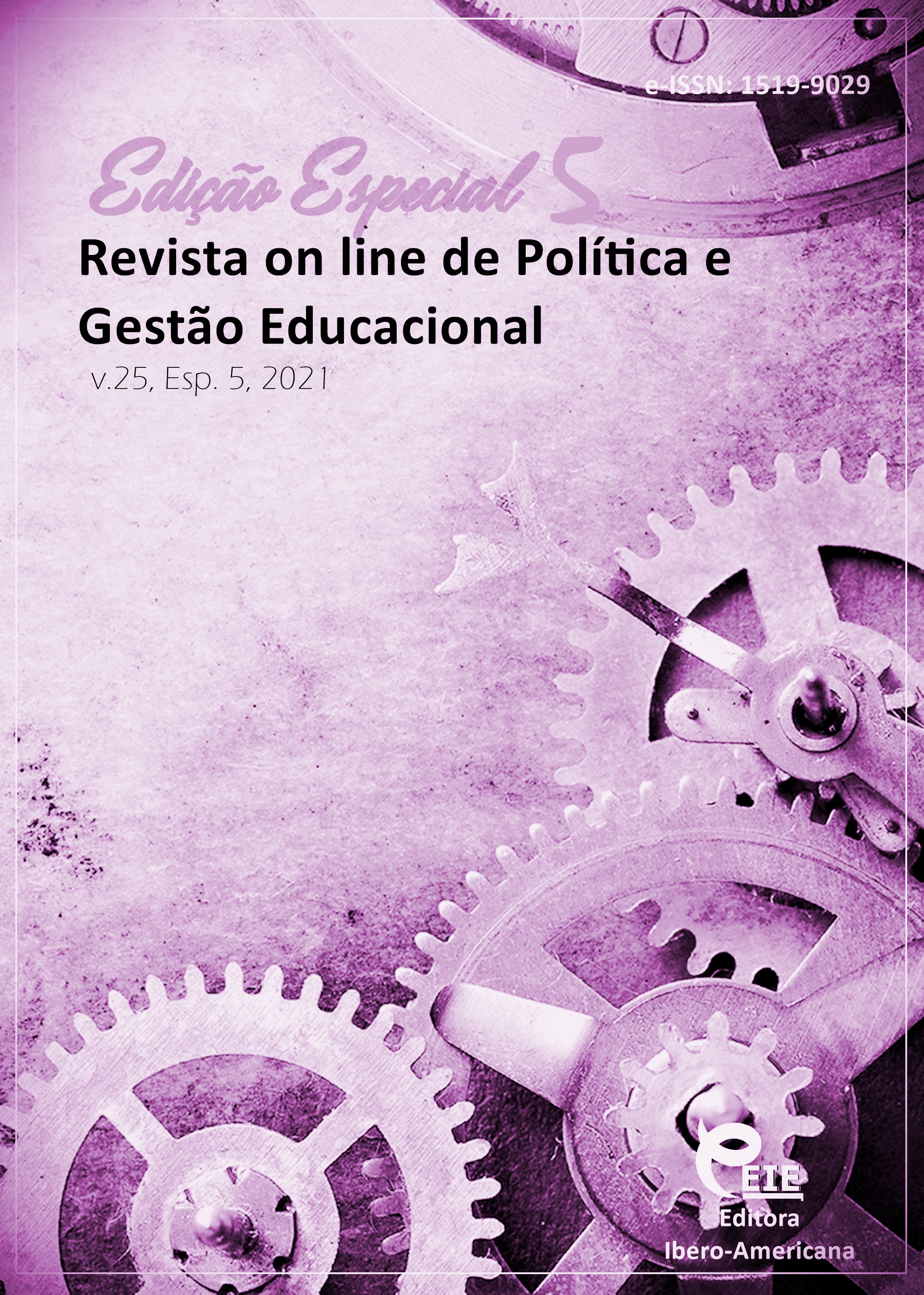Identify the dimensions of the knowledge management model based on creativity and organization learning in social security organization
DOI:
https://doi.org/10.22633/rpge.v25iesp.5.16012Keywords:
Knowledge management, Organization learning, Creativity, Social Security OrganizationAbstract
Attention to lack of organizational creativity and knowledge management is seen in most organizations today. On the other hand, organizational learning is another goal of applying knowledge management. Therefore, this article aims to identify the dimensions of knowledge management model based on creativity and organizational learning in the Social Security Organization. The present study is applied in terms of purpose, in terms of descriptive nature of correlation and in terms of survey method. The statistical population includes 440 employees of the General Department of Social Security Treatment in Tehran province, the sample size according to Cochran's formula is 205 people. Based on the results of the development of support for senior managers, creating appropriate conditions for acquiring knowledge, motivating the use of knowledge management in the organization, motivational redesign of the development system culture have been identified as components of creativity in the literature.
Downloads
References
ALEGRE, J.; SENGUPTA, K.; LAPIEDRA, R. Knowledge management and innovation performance in a high-tech SMEs industry. International Small Business Journal, v. 31, n. 4, p. 454-470, 2013.
DASGUPTA, M.; GUPTA, R. K. Innovation in organizations: A review of the role of organizational learning and knowledge management. Global Business Review, v. 10, n. 2, p. 203-224, 2009.
FIOL, C. M.; LYLES, M. A. Organizational learning. Academy of Management Review, v. 10, n. 4, p. 803-813, 1985.
GARTNER, W. B. A conceptual framework for describing the phenomenon of new venture creation. Academy of Management Review I, p. 696-706, 1985.
HATAMI, S.; SABUNCHI, R.; SOBHANI, Y. Presenting the model of key success factors of Knowledge management in order to increase creativity and organization learning in the Ministry of Sports and Youth of the Islamic Republic of Iran. Sport Managment, n. 2, p. 253-266, 2013.
LIAO, S. H.; WU, C. C. The relationship among knowledge management, organizational learning, and organizational performance. International journal of business and management, v. 4, n. 4, p. 64-76, 2009.
MARQUES, C. S. et al. Strategic knowledge management, innovation and performance: a qualitative study of the footwear industry. Journal of the Knowledge Economy, v. 7, n. 3, p. 659-675, 2016.
MIRESMAILI, A. Study and comparison of Knowledge management and organization learning in smart schools and normal schools in Tehran. Quarterly Journal of New Thoughts in Educational Sciences, n. 2, p. 149-169, 2007.
PASBANI, M. Presenting a model to promote creativity and organization learning using key indicators of knowledge management success in the automotive and propulsion industries. Productivity management, n. 35, p. 195-212, 2015.
Published
How to Cite
Issue
Section
License
Copyright (c) 2021 Revista on line de Política e Gestão Educacional

This work is licensed under a Creative Commons Attribution-NonCommercial-ShareAlike 4.0 International License.
Manuscritos aceitos e publicados são de propriedade da Revista on line de Política e Gestão Educacional. É vedada a submissão integral ou parcial do manuscrito a qualquer outro periódico. A responsabilidade do conteúdo dos artigos é exclusiva dos autores. É vedada a tradução para outro idioma sem a autorização escrita do Editor ouvida a Comissão Editorial Científica.










